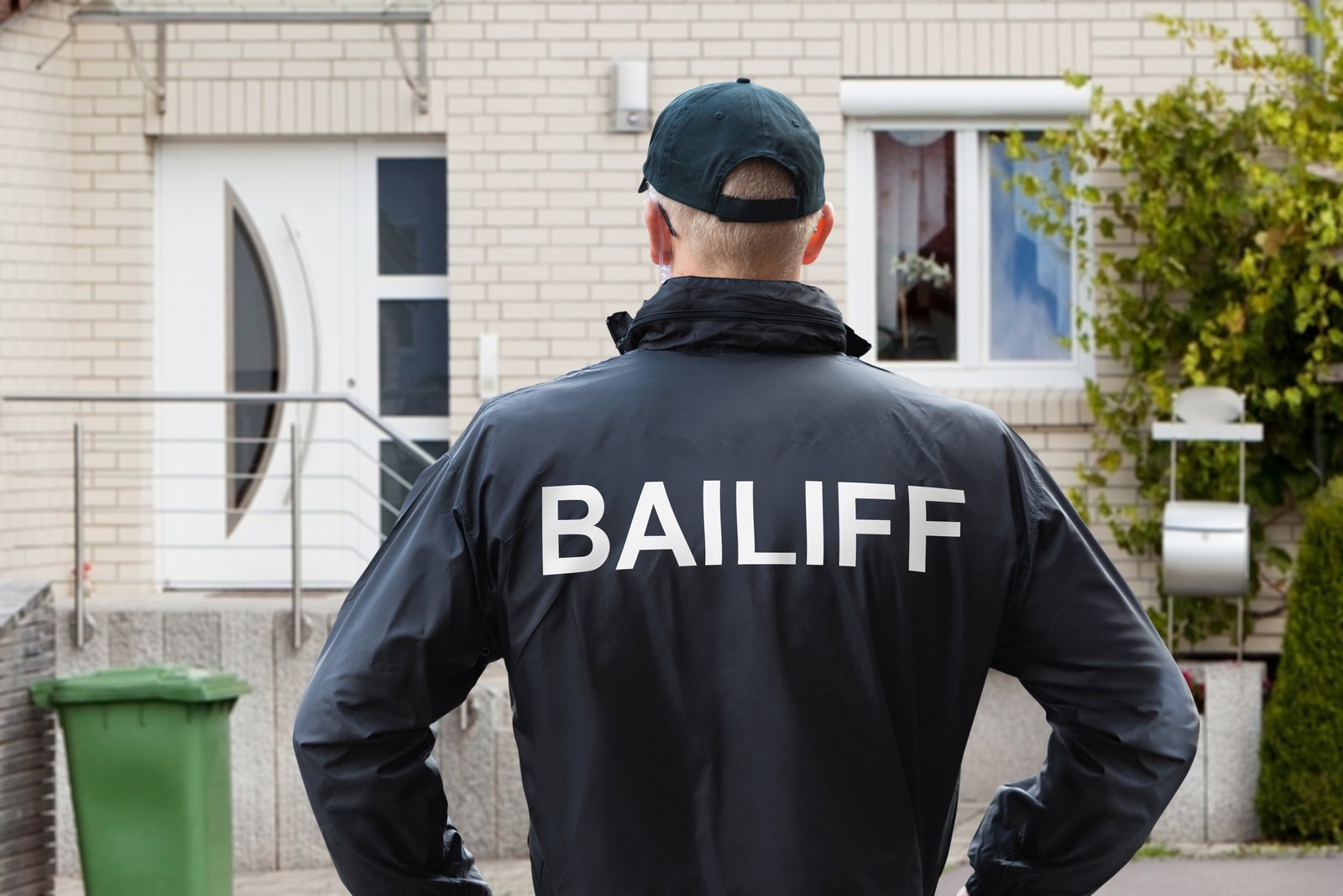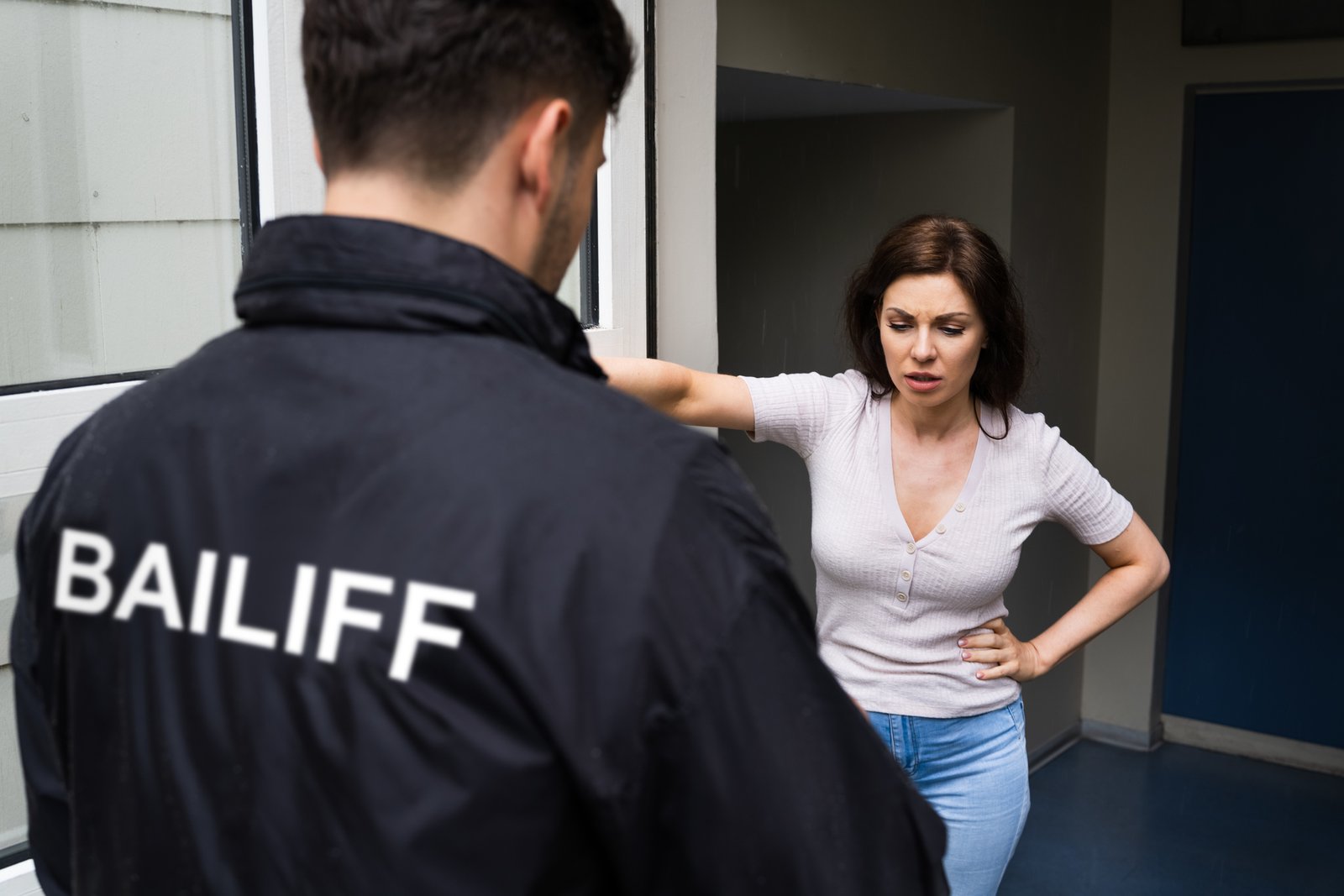Owning a car brings mobility, whether for work, family or daily tasks. So, when you hear “bailiffs may come,” it’s terrifying to think your car might be next. Good news: while bailiffs can clamp or remove a vehicle in certain situations, there are many legal protections. Knowing your rights lets you act quickly, protect what’s yours, and often avoid the worst outcomes.
How Can Bailiffs Target Cars?
Here’s when bailiffs may try to take action:
- If the vehicle is parked outside your home, business premises, or on a public road, bailiffs might clamp or remove it.
- If you owe certain debts and have ignored notices, bailiffs may identify your car via number-plate recognition.
- If you agree to a controlled goods agreement listing your car (and then default), they could use that to seize it.
What Protections Do I Have for My Car?
You’re protected in many circumstances. Bailiffs cannot take your car if any of the following apply:
- It’s still owned by a finance company (on hire purchase, PCP, or lease) — until all payments are complete, it isn’t legally yours.
- It has a valid Blue Badge or is used under a Motability scheme.
- It’s essential for your work and under the value threshold (tools of the trade exemption).
- It belongs to someone else (third-party ownership) — you can show documents to prove who the registered keeper/owner is.
What to Do If You’re Worried Bailiffs Might Take Your Car
Here are actions you can take:
- Check your finance status – find out if your car is still on finance. If it is, get documents showing this.
- Look for exemptions – if your car is needed for work or linked to disability, it may be protected.
- Move your car if possible – parking it in a secure location such as a garage or on private property may reduce risk.
- Respond to notices – don’t ignore letters or demands; engaging early often avoids seizure.
- Gather proof – ownership documents, finance agreements, or insurance paperwork can all help demonstrate your case.
- Speak to Bailiff Helpline
When Bailiffs Can Take Your Car
While there are protections, there are also times when bailiffs may legally take your car:
- You own it outright (no finance) and it isn’t exempt.
- The car is parked in a place they can access, such as your driveway or on a public road.
- You have ignored enforcement notices and didn’t engage with repayment options.
- In these cases, clamping or removal is possible.
How Bailiff Helpline Can Help
At Bailiff Helpline, we’ve helped many people worried their car might be seized:
- We can check your case and confirm whether your car is protected.
- We explain the rules and help you understand your rights.
- We work with you to set up affordable repayment plans or debt solutions that stop bailiff action.
- If bailiffs have overstepped or acted unlawfully, we’ll guide you on how to complain and reclaim what you’re entitled to.
Frequently Asked Questions
- Can bailiffs clamp my car?
Yes, bailiffs can clamp your car parked outside your home or on a public road. They must issue a notice and give you a chance to resolve the debt. - Can bailiffs take a car on finance?
Usually no. If your car is still under a finance or lease agreement, it legally belongs to the finance company until the final payment is made. - What if my car is vital for work?
If you can show it’s essential for your job and meets exemption criteria, it may be protected. - How quickly can bailiffs take my car once it’s clamped?
After clamping, bailiffs must leave a notice. If you don’t act, they may remove the car after a set period, often a couple of hours. Acting quickly is essential. - Can bailiffs take my car if I am disabled?
No, bailiffs cannot take your car if it is registered as a disability vehicle, used under the Motability scheme, or shows a valid Blue Badge. These vehicles are protected by law because they are classed as essential. If a bailiff tries to seize your disability car, you should show proof immediately and contact Bailiff Helpline for support. - Can bailiffs take my car if it’s parked away from my home?
Yes, bailiffs can take your car even if it isn’t parked outside your home. If they locate it on a public road, in a car park, or near your workplace, they can still clamp or remove it, as long as it belongs to you and isn’t exempt. - Can bailiffs take my car if I need it for medical reasons?
If your car is essential due to a disability or serious medical need, it is usually protected. This includes cars used for hospital visits or daily care needs. You may need to provide evidence to stop the vehicle being taken. - Can bailiffs take my car if the debt isn’t related to the car?
Yes. Bailiffs do not need the debt to be related to the car. If you own the car outright and it isn’t exempt, they can use it as a way to recover almost any qualifying debt, such as council tax or court fines. - Can bailiffs take my car without warning?
No. Bailiffs must send a Notice of Enforcement before taking any action, giving you at least seven clear days’ notice. If your car is clamped or removed without this notice, the enforcement may be unlawful and should be challenged immediately.
While the idea of a bailiff taking your car is scary, the law includes many safeguards to protect you. Cars on finance, cars used for work, or those covered by disability exemptions are often protected. Act quickly, know your rights, show the right evidence, and reach out for help. Bailiff Helpline is here to guide you through your options and stop car seizure before it happens.







